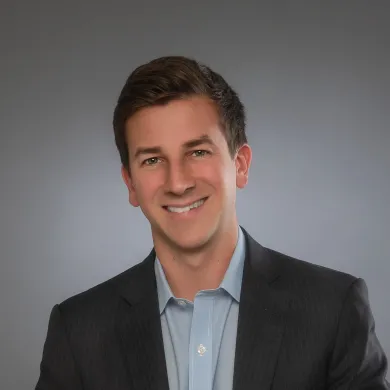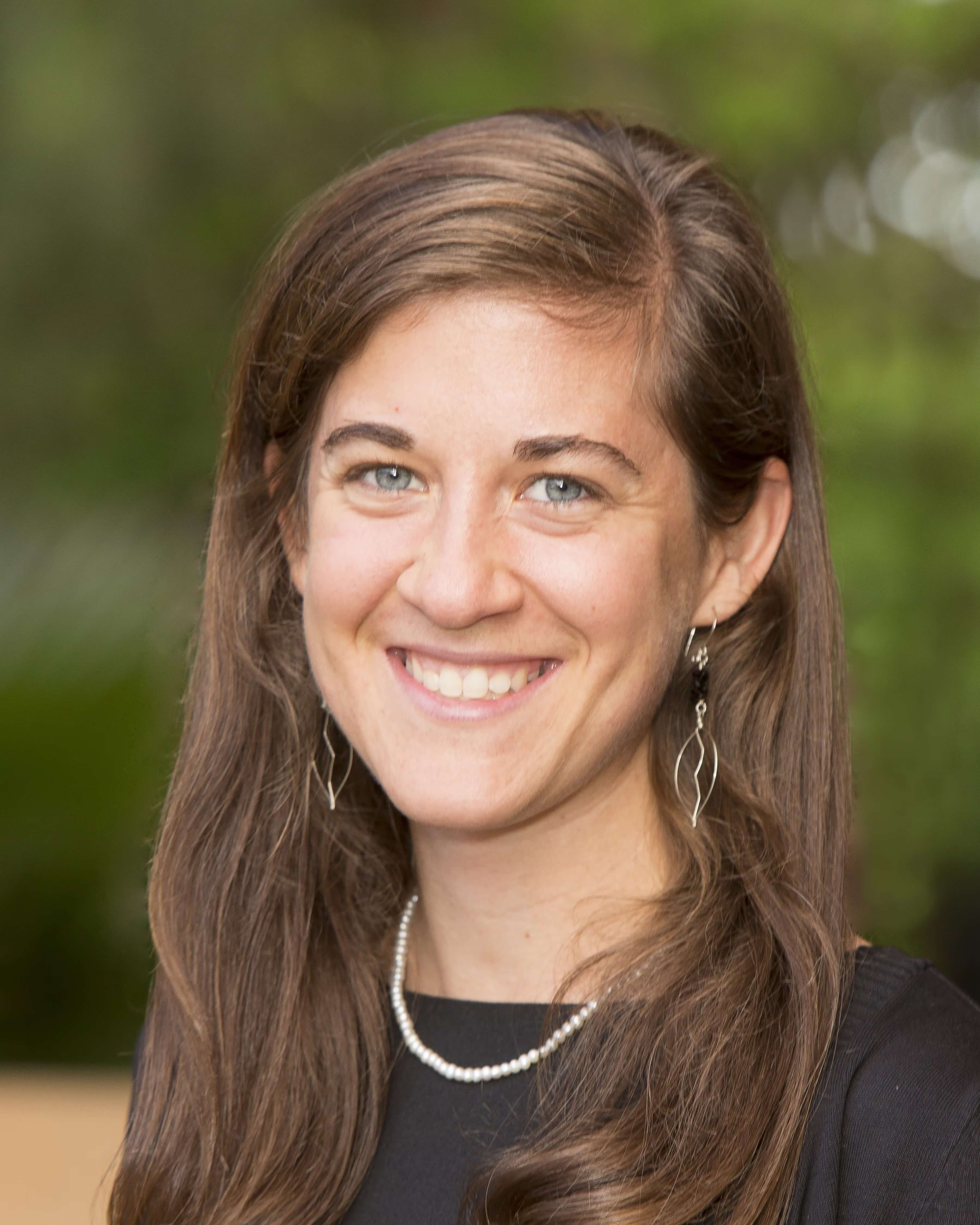Karl Skare, MBA ’13
“Use that two-year [deferral] period to try something different that might seem a little bit risky.”
May 01, 2024
Among the many interests Karl Skare lists on his resume is a rather intriguing mention of “catching lizards.” It’s not just a throwaway line. It’s actually a skill that helps explain many of Skare’s academic and career choices.
“That’s intended to be a conversation starter,” says the Bay Area-based chief product and strategy officer at d.light design, a solar company based in Nairobi, Kenya. “As an undergrad I wanted to be like primatologist Jane Goodall and study animal behavior. I traveled to the Dominican Republic and studied lizards. We’d catch them, then sew beads into their tails to identify them, let them go, and then come back later and do observations.”
Turns out, he says, he found the Goodall experience boring and isolating. But because many of the animals that had fascinated him since childhood were endangered or already extinct, he began to focus on ways to lessen human impact on the planet.

About Karl
Hometown
Yardley, Pennsylvania
Education
MBA/MS, Stanford Graduate School of Business (2013)
BA, Environmental Studies and Finance, Washington University in St. Louis (2009)
Professional Experience
Chief Product and Strategy Officer, d.light design, Nairobi, Kenya
Managing Director of Global Partnerships and Strategy, d.light design, Nairobi, Kenya
Director of Operations, Bboxx, Nairobi, Kenya
Current Profile
How did you know when an MBA was something you wanted?
I had two majors at Washington University in St. Louis. One was environmental studies, and the other was finance. I liked finance as a discipline, but I wanted my work to have a positive impact on the planet and other species. How could I mix those two interests? At that time, I thought I wanted to finance large-scale renewable energy projects, primarily in the developing world, where they didn’t already have a lot of infrastructure around fossil fuels.
A finance professor recommended that I get an MBA. I hadn’t thought at all about the possibility of an MBA until that conversation, but I realized he was right.
Did you apply only to Stanford GSB?
I only applied to Stanford in terms of MBA programs because it had the E-IPER program [Emmett Interdisciplinary Program in Environment and Resources] attached to it. The other programs I applied to were sustainability focused master’s programs, not MBAs.
How’d you spend your deferral time?
I was looking at jobs in the Bay Area since I was eventually coming to Stanford. I was also interested in sustainability, specifically the energy efficiency side, and a lot of those [companies] were out here anyway. I leveraged Stanford’s career center for support in getting connections to companies and folks out here. I was using the career center even before I matriculated at Stanford.
Was that helpful?
Incredibly. The Career Management Center connected me to a company called Energy Solutions that had a lot of Stanford alums, primarily from the MS&E (Management Science and Engineering) program, and I ended up getting an offer.
Did you learn anything about yourself during that deferral that affirmed your decision to go to business school?
I learned I could have a greater impact in a managerial role, providing guidance and direction for a team rather than acting individually. I was a project manager at Energy Solutions, and our clients were utilities in California, Oregon, and Nevada. I realized that training in how to manage others would be hugely beneficial. And still, to this day, if people ask me what I got out of the MBA program, besides an amazing two years and a great network of friends, I say it was the soft skills I learned in classes like Touchy Feely (Interpersonal Dynamics). I don’t think it’s possible to self-teach the soft-skill stuff. It requires real-time feedback about how what you say impacts other people and acting out scenarios that you can’t really do by yourself.
Any other influential classes?
Managing Growing Enterprises with Joel Peterson. I got two things out of that course. One was what you learn from acting out scenarios, which is great, but the second was the tools you need to prepare for a difficult conversation. The reason people gravitate to those classes is because you learn things you can’t learn any other way.
Did your career goals change once you got to business school?
I’d been working in energy efficiency, and while it was aligned with my values, it’s not very tangible. We tracked our impact in negawatts, energy that was not used due to energy saving measures. That’s an abstract concept. I like the idea of having something physical you can point to.
So that’s how you got interested in renewable energy?
Yes, and doing that in developing markets that didn’t already have that grid infrastructure based on fossil fuels. I had a revelation: “Wait a minute. If you’re inventing from the ground up, distributed solar makes so much sense.” The concept is compared to how mobile phones leapfrogged land lines in those markets. That whole leapfrogging-the-grid concept captured my imagination, and I focused on distributed small-scale solar in rural off-grid areas, primarily in sub-Saharan Africa.
Was the workload for earning a joint MBA/MS degree, in addition to a certificate in Public Management and Social Innovation, as challenging as it sounds?
I did take more credits than many of my classmates, but I was very interested in the courses and I didn’t feel like I needed to sacrifice my social life to do so. I completed the joint degree in one additional quarter.
How are you engaging with GSB as an alum?
I live close to campus, and my wife works at Stanford. I’m an interviewer for GSB and have been for several years now. I’m also a judge for the SIF-ECO fellowships.
Found any especially helpful mentors along the way?
My former boss at d.light. He’s a GSB alum and was my boss for a decade. He’s definitely a mentor in that he has a different style than I do. He does much more listening than talking in meetings. I admire that he is so good at creating space to get all of the information in the room.
Any advice for others considering deferred enrollment?
Use that period to try something different that might seem a little bit risky. Do something outside your comfort zone because you’ve already de-risked it, because you know you’ll be going to GSB.


